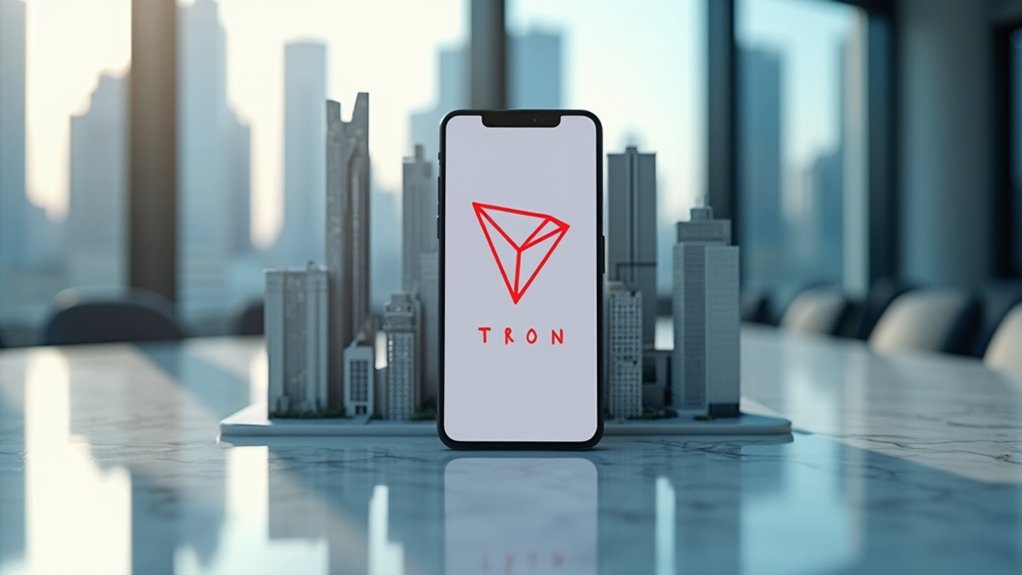While the democratization of private equity has long been the holy grail for retail investors locked out of Silicon Valley’s most coveted deals, Republic has devised a blockchain-based solution that tokenizes shares of marquee companies like SpaceX and OpenAI—effectively transforming Elon Musk’s aerospace empire and Sam Altman’s AI juggernaut into digital assets that ordinary investors can actually own.
The mechanics are elegantly straightforward: Republic acquires private shares in companies like SpaceX (projected to generate nearly $16 billion in revenue by 2025), then issues blockchain-based tokens that mirror the economic performance of these underlying holdings. Token holders fundamentally ride shotgun on the private equity rollercoaster, capturing price appreciation when these companies hit liquidity events like IPOs or acquisitions—without the traditional barriers of accreditation requirements or seven-figure minimum investments that typically separate retail investors from venture capital’s inner sanctum. Republic leverages provisions of the 2012 JOBS Act to legally structure these offerings, enabling retail participation in previously inaccessible private markets.
Republic’s tokenization model obliterates venture capital’s aristocratic gatekeeping, letting retail investors ride the private equity rollercoaster alongside institutional titans.
What makes this particularly audacious is Republic’s target selection. SpaceX represents the crown jewel of private aerospace ventures, while OpenAI and Anthropic dominate the artificial intelligence landscape that’s reshaping entire industries. These aren’t obscure startups hoping to disrupt local pizza delivery; they’re the technological behemoths defining humanity’s next chapter (Mars colonization and artificial general intelligence, respectively).
The tokenization model addresses a fundamental market inefficiency: a $2 trillion private equity ecosystem historically accessible only to institutional players and ultra-high-net-worth individuals. By linking token prices to secondary market valuations rather than public trading mechanisms, Republic creates a proxy for private company performance that doesn’t require direct share ownership—a regulatory masterstroke that sidesteps traditional compliance complexities. The financial industry increasingly recognizes tokenization as a modernizing force that delivers improved transparency, reduced transaction costs, and accelerated settlement processes. This evolution represents a significant shift in how digital assets are influencing traditional financial markets and creating new investment paradigms.
Republic’s strategy positions itself at the intersection of blockchain utility and financial democratization, potentially transforming how retail investors access private markets. The company plans to maintain long-term holdings initially, with future secondary trading markets potentially enhancing liquidity for token holders.
This approach fundamentally challenges private investment norms by removing the aristocratic barriers that have defined venture capital for decades. Whether tokenizing SpaceX’s Mars ambitions will actually democratize wealth creation or simply create new forms of speculative investment remains the trillion-dollar question—but Republic has certainly positioned itself as the architect of this financial experiment.








